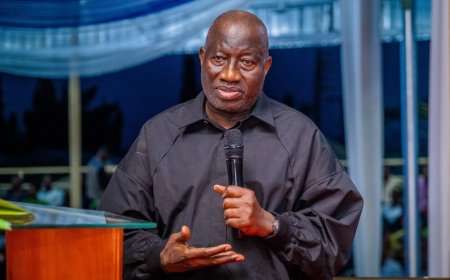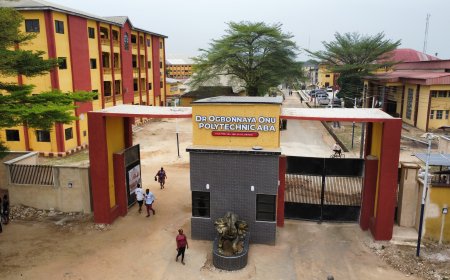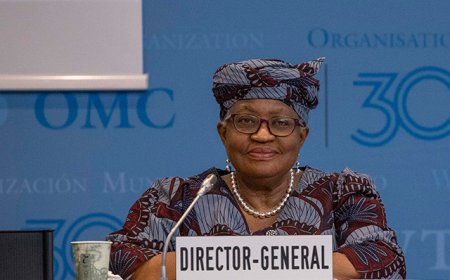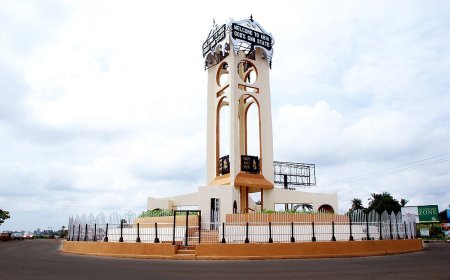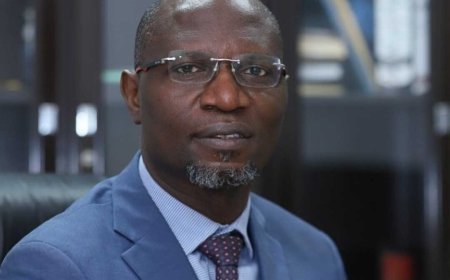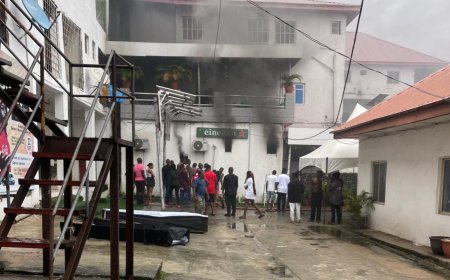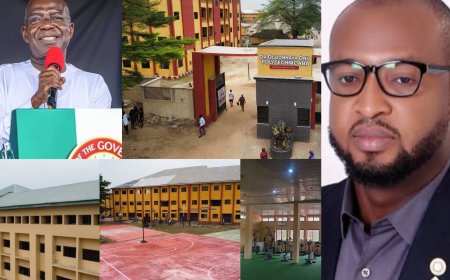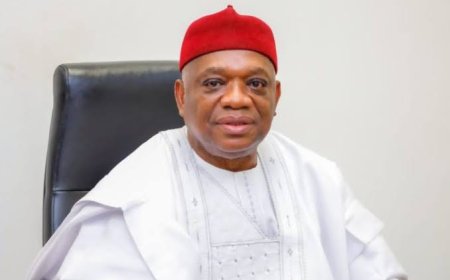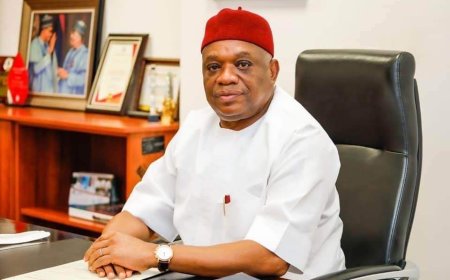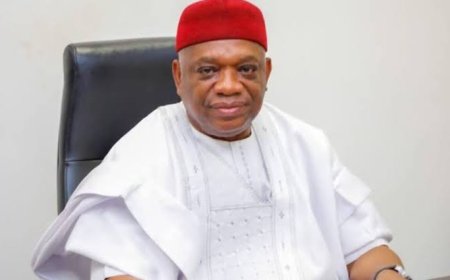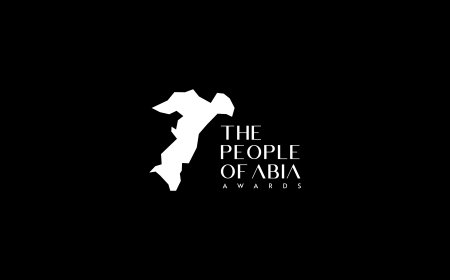Abia’s Free Education: Teachers Recommend Measures For Successful Policy Implementation

Teachers and school administrators across Abia State have commended Governor Alex Otti for his free education policy, describing it as a transformative initiative that promotes social development and reduces crime. However, they also highlighted several critical challenges hindering the successful implementation of the policy, offering recommendations to address these issues.
During a survey conducted in Umuahia and Aba, a cross-section of head teachers and principals expressed their appreciation for the government’s efforts while pointing out areas needing urgent attention.
Nkechinyere Usuka, headmistress of Umuakpara Community Primary School in Osisioma Local Government Area (LGA), praised the governor for abolishing levies and providing schools with essential items like diaries, registers, and operational funds. However, she lamented the lack of critical infrastructure, including a library, adequate books, seats for teachers and students, and a perimeter fence to secure the school.
“We are suffering from a shortage of teachers and need a first aid box and water supply. Additionally, the classrooms require upgrades due to the enrollment of new pupils,” Ms. Usuka stated.
The issue of inadequate teaching staff emerged as a recurring challenge across schools.
Odochi Amalaha, principal of Alaiyi Community Senior Secondary School, Ugwunagbo LGA, revealed that her school has fewer than nine teachers. This shortage has forced the employment of teachers paid by the Parent-Teacher Association (PTA).
“We appeal to the government to employ these PTA teachers, who have sacrificed so much to ensure our students receive a quality education,” Ms. Amalaha said. She also called for functional science laboratories and more seats for students and teachers.
Similarly, Flora Okechi, principal of Eziama/Mgbaja Community Junior Secondary School, highlighted the lack of Mathematics and English teachers. “We urgently need more teachers. Additionally, our school has only two classrooms and a hall, which are insufficient for our growing student population,” she explained.
Several schools reported inadequate facilities and a lack of security, leading to vandalism.
Alen Nwogu, principal of Ehere Community Comprehensive Secondary School, Ogbor Hill, Obingwa LGA, noted that hoodlums frequently vandalize school property. “We lack teachers, especially in sciences, and we need more classrooms and conveniences,” he said.
Peculiar Chimdindu, headmistress of Ehere Primary School, echoed these concerns, emphasizing the need for improved conveniences and security to protect school property.
At Alaoji Nomadic Primary School in Ugwunagbo LGA, assistant headmistress Ijeoma Uzoije highlighted the school’s dire need for land for expansion and agricultural activities, uniforms for pupils, and a pumping machine for their borehole. “Our classrooms cannot accommodate the increasing number of pupils,” she said.
Teachers across the state recommended various measures to ensure the free education policy achieves its objectives:
1. Recruitment of Teachers: Address teacher shortages by employing new staff and absorbing existing PTA teachers into the government payroll.
2. Improved Infrastructure: Build more classrooms, libraries, and science laboratories to accommodate the growing student population.
3. Enhanced Security: Fence schools, recruit security personnel, and build teachers’ quarters to safeguard property and create a conducive learning environment.
4. Provision of Teaching and Learning Materials: Supply adequate textbooks, exercise books, and recreational facilities for students.
5. Reintroduce School Feeding: Headmistresses like Christiana Ukaumunna and Olaego Echem called for the return of the school feeding program to support underprivileged pupils.
6. Regulate Private Schools: Onyekachi Uka, headmistress of Tenant Road Primary School, suggested shutting down substandard private schools to ensure better education for Abia children.
MThe free education policy has been widely applauded for reducing the financial burden on families and encouraging higher enrollment in public schools. However, teachers urge the state government to address these challenges to sustain the policy’s impact and improve educational outcomes.
By tackling issues such as teacher shortages, infrastructure deficits, and security concerns, Abia State can ensure that its free education initiative benefits every child while fostering long-term development and social progress.





